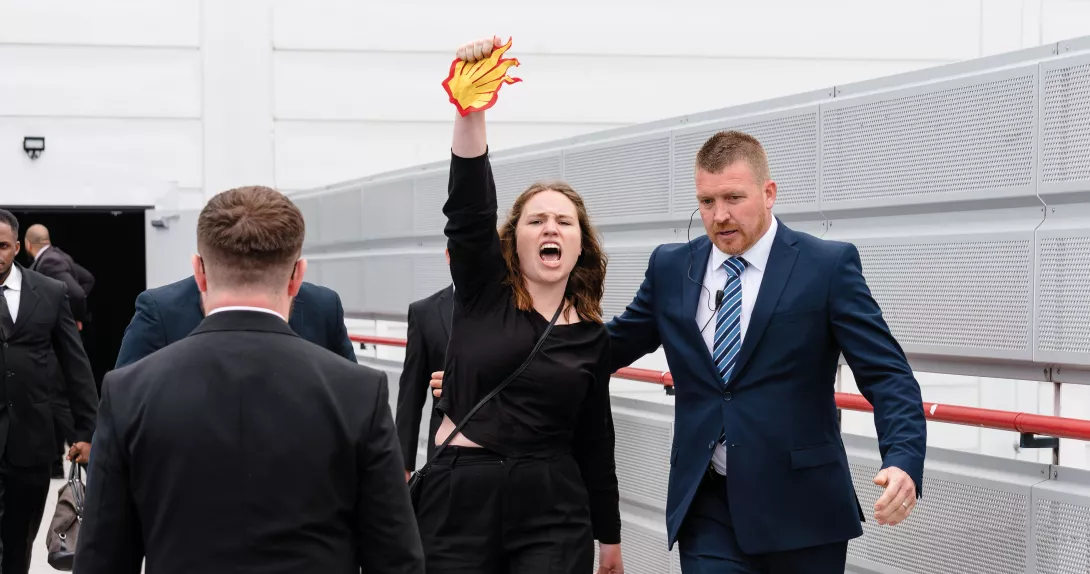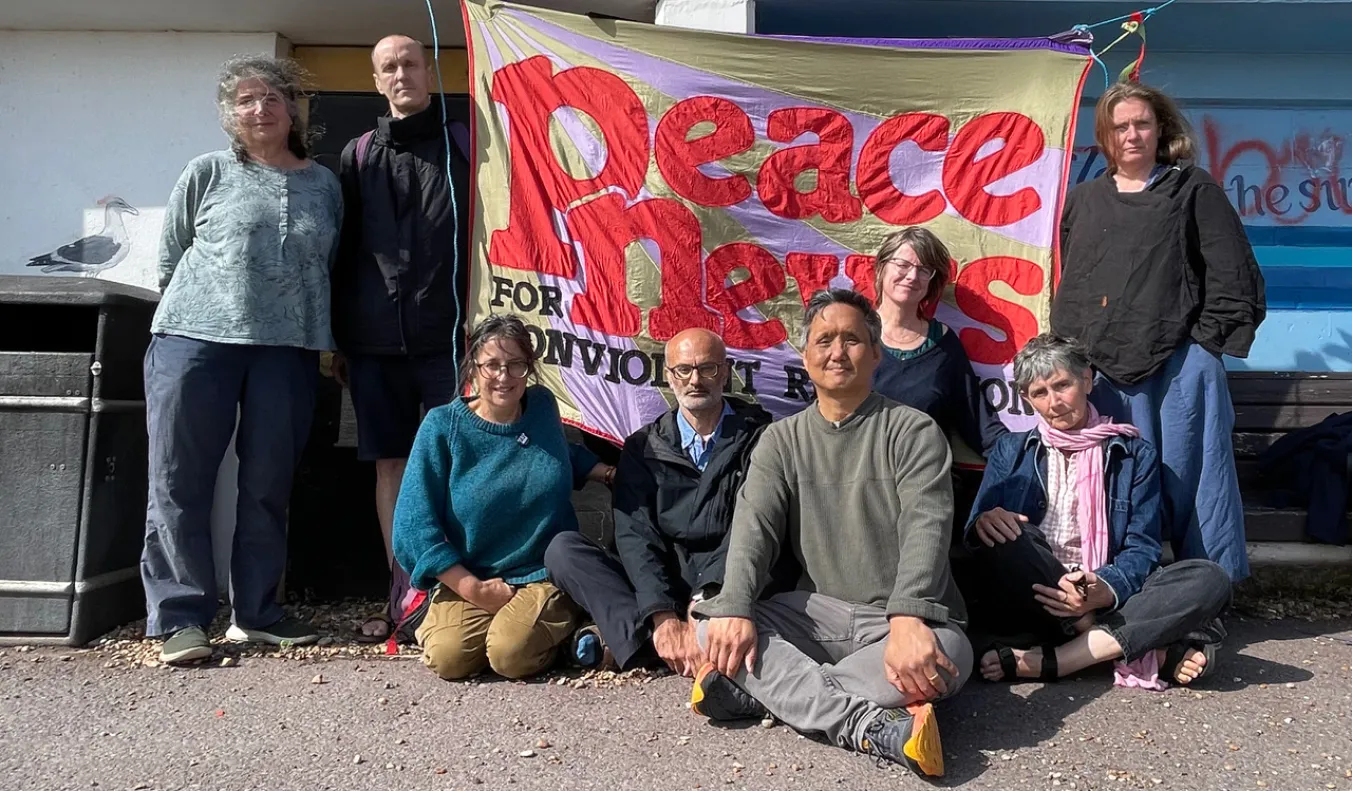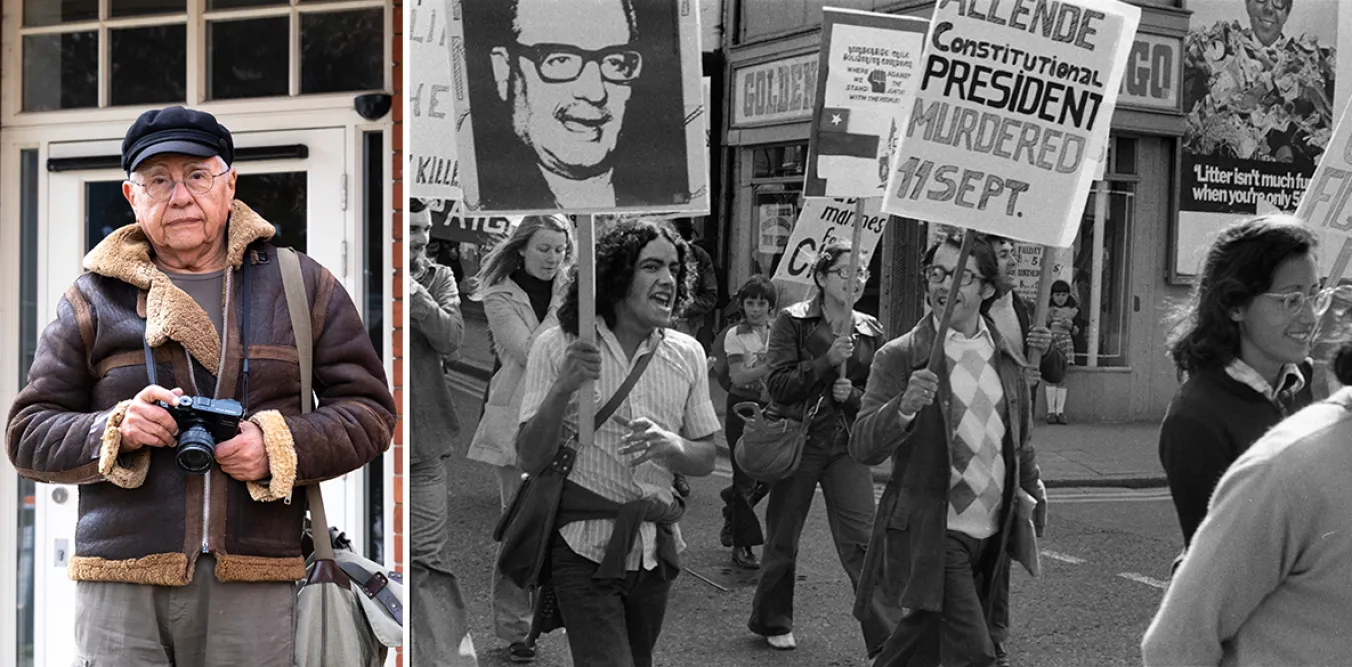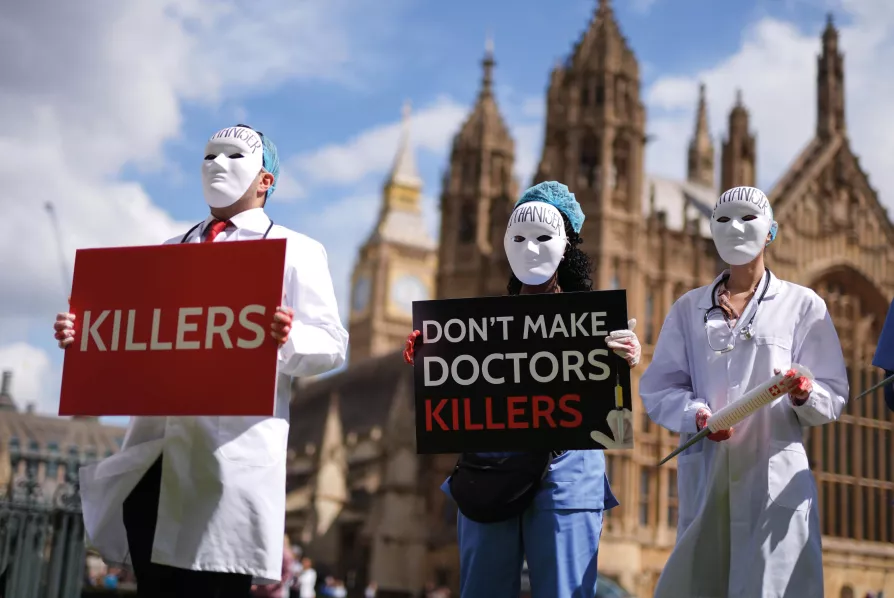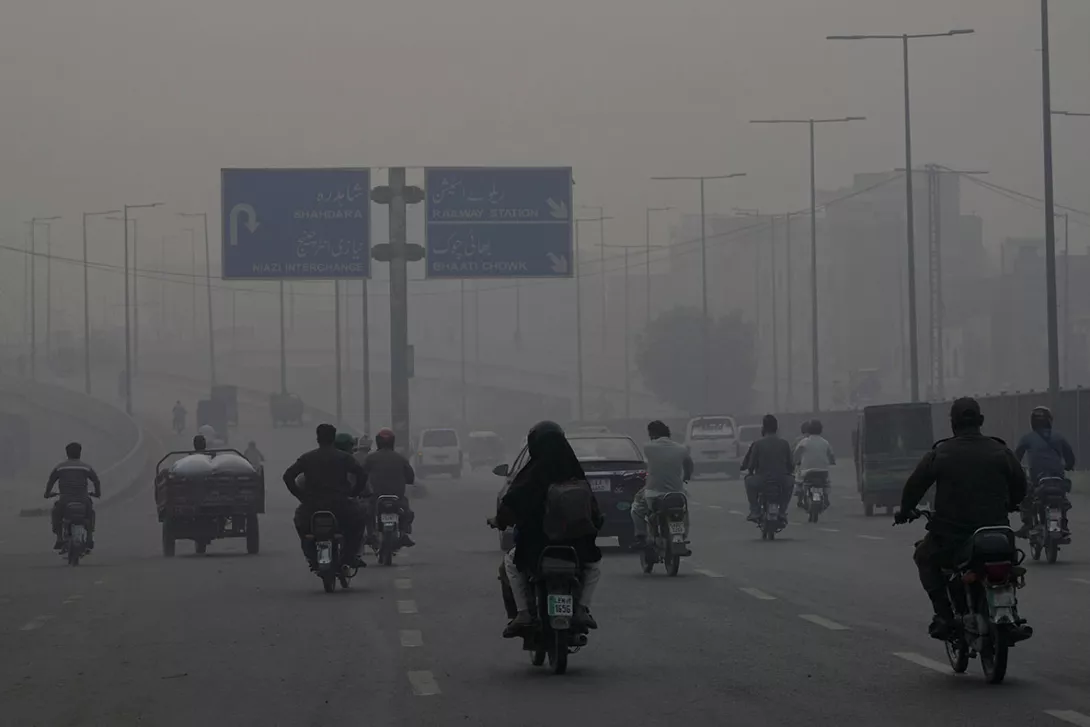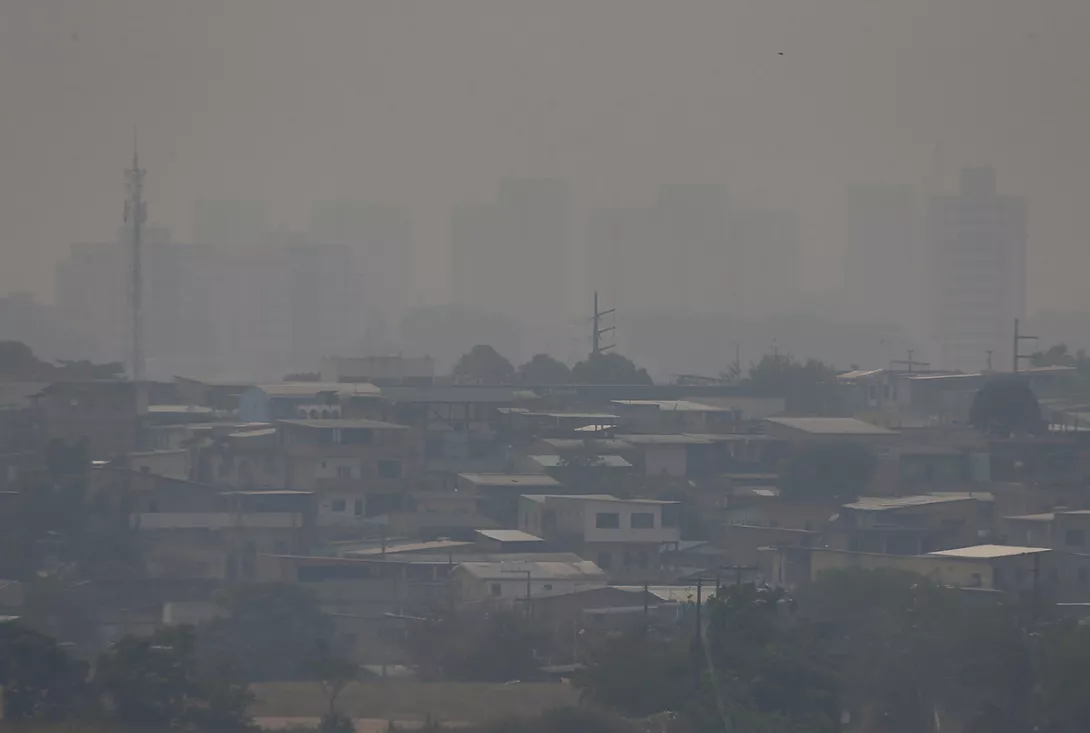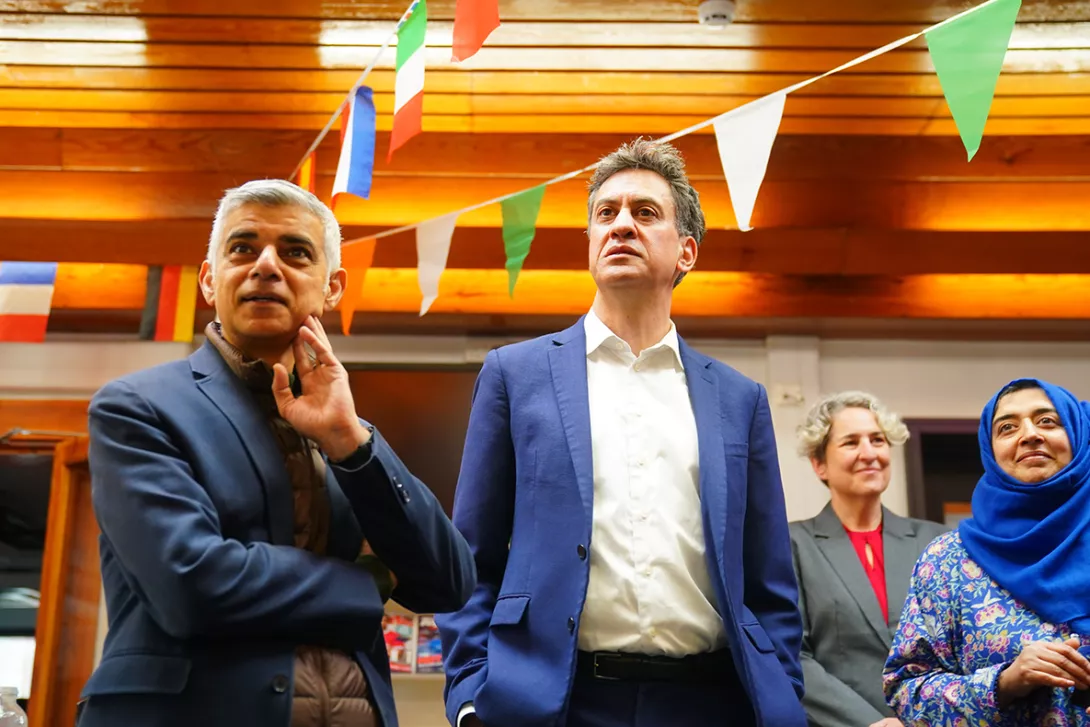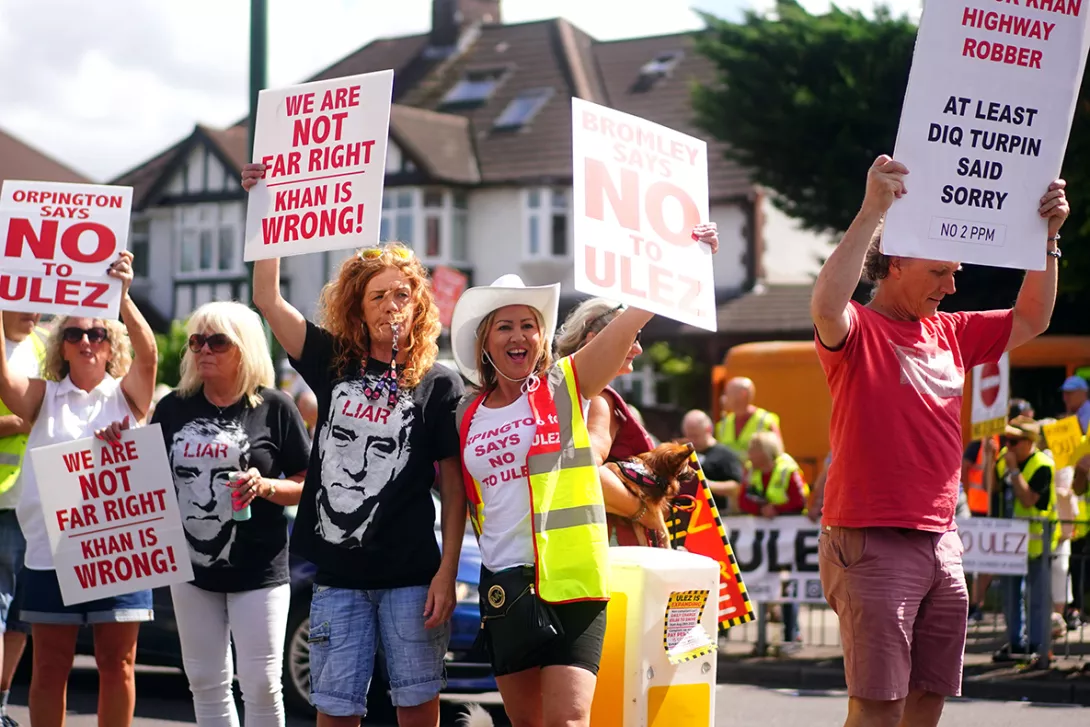
FOLOWING the Tory win in the Uxbridge by-election last month, Labour Party leader Keir Starmer pressured London Mayor Sadiq Khan to pause the rollout of the Ultra-Low Emission Zone (Ulez) to the outer boroughs of the capital city.
In response, over 400 doctors wrote to Khan and Starmer, urging the mayor to stand firm in his commitment to expanding the Ulez, noting “the devastating health consequences of air pollution.”
[[{"fid":"56194","view_mode":"inlineright","fields":{"format":"inlineright","field_file_image_alt_text[und][0][value]":false,"field_file_image_title_text[und][0][value]":false},"link_text":null,"type":"media","field_deltas":{"1":{"format":"inlineright","field_file_image_alt_text[und][0][value]":false,"field_file_image_title_text[und][0][value]":false}},"attributes":{"class":"media-element file-inlineright","data-delta":"1"}}]]Dr Laura-Jane Smith, a consultant in respiratory medicine at King’s College Hospital in London and co-organiser of the letter, tells Ian Sinclair about the deadly impact of air pollution, and how lots more action is needed to tackle the problem.
How many deaths are associated with air pollution in London, and in Britain, every year?
Air pollution is the largest environmental risk to health in Britain. Every year between 28,000 and 36,000 people die prematurely due to the effects of toxic air. In London alone, the best data shows that 4,000 people a year lose their lives. That's 4,000 too many, since this is largely preventable.
From Enfield to Bromley, Westminster to Dartford, something all Londoners have in common is a right to breathe clean air, but sadly that's not our current reality.
In addition to mortality, the letter sets out other impacts of air pollution on people’s health. Can you summarise what the evidence says?
There is a vast amount of scientific evidence on the health impacts of air pollution, and that evidence is growing all the time. There is no doubt among scientists and health professionals that air pollution is an invisible killer.
Air pollution is made up of harmful gases, chemicals and particles that we breathe into our lungs and that can then pass into the bloodstream.
In this way, air pollution affects every organ of the body at every stage of life, causing inflammation which leads to long-term damage.
Most people are familiar with the effects on the lungs, and know an adult with COPD [chronic obstructive pulmonary disease] or a child with asthma who really feels the effects; coughing, wheezing and struggling to breathe on high air pollution days.
But many people are not aware of the other effects: from neurodevelopmental disorders such as ADHD in children, to diabetes, heart attacks, liver disease, and lung cancer in adults, and strokes and dementia in older people. As more high-quality studies are published we’re learning that air pollution increases the risk of many more conditions than we previously realised.
Of course, although we all breathe in air pollution, we are not all affected equally. As the mayor Sadiq Khan has stated, this is an issue of social justice as those from the most deprived populations, communities of colour in particular, are most exposed. Often they contribute the least to the problem as they may not own a car or a wood-burning stove.
People with lung conditions in the poorest neighbourhoods are seven times more likely to die of a lung condition than those in the richest areas.
Children, the elderly and people with long-term health conditions, particularly heart and lung disease, are also especially vulnerable to the effects of air pollution. Taking action now to reduce toxic air is one way we can start to undo the harm inflicted on these groups after years of government inaction.
Can you give examples of the impacts of air pollution from your own experience with patients?
I’m a respiratory specialist so I see lots of people with lung conditions. People on my ward and in my clinics ask me why their breathing is so bad when they are doing everything right. When they quit smoking, eat well and exercise they don’t understand why they still have such difficulties breathing. The answer is air pollution.
It’s awful to see it robbing them of their health. I often look up the air quality levels at a patient’s address within the consultation and many people are shocked. I haven’t yet had a patient who lives in a postcode that has air quality that meets the WHO recommendations.
This is the reality across London. My own address has levels far exceeding WHO recommended limits. I also speak to local parents who tell me harrowing stories of rushing their young children to the hospital again and again, watching them fighting for every breath.
They take steps to reduce their child’s exposure as far as that is possible, but they have waited too long for real action like clean air zones.
What do you say to those — such as Tory MP Chris Philp in his recent appearance on BBC Any Questions — who argue the Ulez, and specifically the Ulez expansion to all London boroughs, won’t make much of a difference?
I would ask Chris Philp to read the published data on the impact of the existing Ulez. In its first 10 months, it reduced road transport nitrogen oxides (NOx) emissions by 35 per cent. The reality is that clean air zones and healthy street interventions work. That’s why they are being adopted around the world.
Clean air zones have taken old, dirty cars off the road and reduced toxic fumes across the city. Children in more than a thousand schools now breathe cleaner air when they run around in the playground each day.
I would also ask him why the people of outer London should be robbed of this chance to breathe cleaner air when we know that the highest number of early deaths related to toxic air, and the highest rates of hospital admissions for asthma, occur in outer London.
Expanding the clean air zone is essential to fairly support the health and wellbeing of all Londoners — whether they live in the inner city or outer edges.
Lastly, I would ask him to come and speak to my patients and the parents I know for whom this is not a political issue to be debated but is a health problem they are living, and dying, with every day.
Beyond the Ulez, what measures do you think should be implemented to further improve the still dangerous levels of air pollution in London, and other cities in Britain?
The extension to the London Clean Air Zone is just the first step. After years of inaction, we need this government to stop sitting on its hands and start putting money into high-quality, affordable, accessible public transport, and active travel infrastructure, which means safe, segregated cycle lanes, and wider pavements for people to move around.
The scrappage scheme which gives money to those who currently drive the most polluting vehicles to support them to switch to cleaner ones is vital to ensure that low-paid workers can afford to make a positive choice for their health and that of their communities. We need more support schemes like this and it’s great to see that the mayor has listened to Londoners and extended the scheme.
Many families and businesses are already switching to e-bikes, trikes, cargo bikes and electric vans. This needs to be supported with infrastructure such as cycle parking and charging.
I hope that the mayor will also reconsider the Silvertown Tunnel which will bring more traffic including HGVs to some of the most polluted boroughs in London and is opposed by local people and health professionals for this reason.
Really, we want to move towards a future where driving is the last resort because we have many better choices for clean ways to get around the city. Of course, traffic is not the only source of toxic air, so we need clean air zones that prevent people from burning fuels for heating, and financial support to transition to clean fuel for the few homes whose only source of heating is domestic fuel burning.
And the clean air zones need to include commercial and industrial activity too. Across Britain, we need a new Clean Air Act that sets legal limits on air pollution levels driving rapid action locally and nationally.
We have the knowledge and the technology to solve this problem. We can all breathe clean air in the very near future — it’s a matter of taking action.

